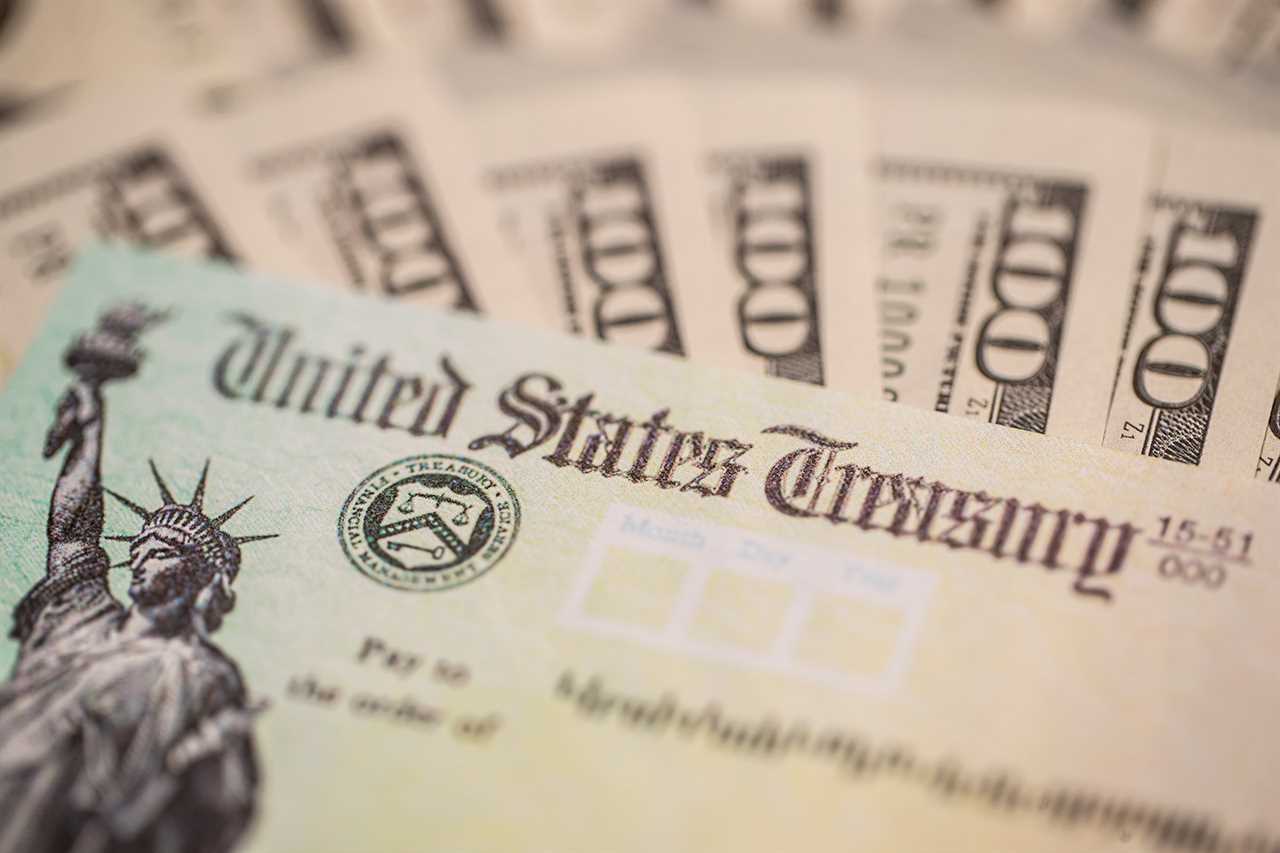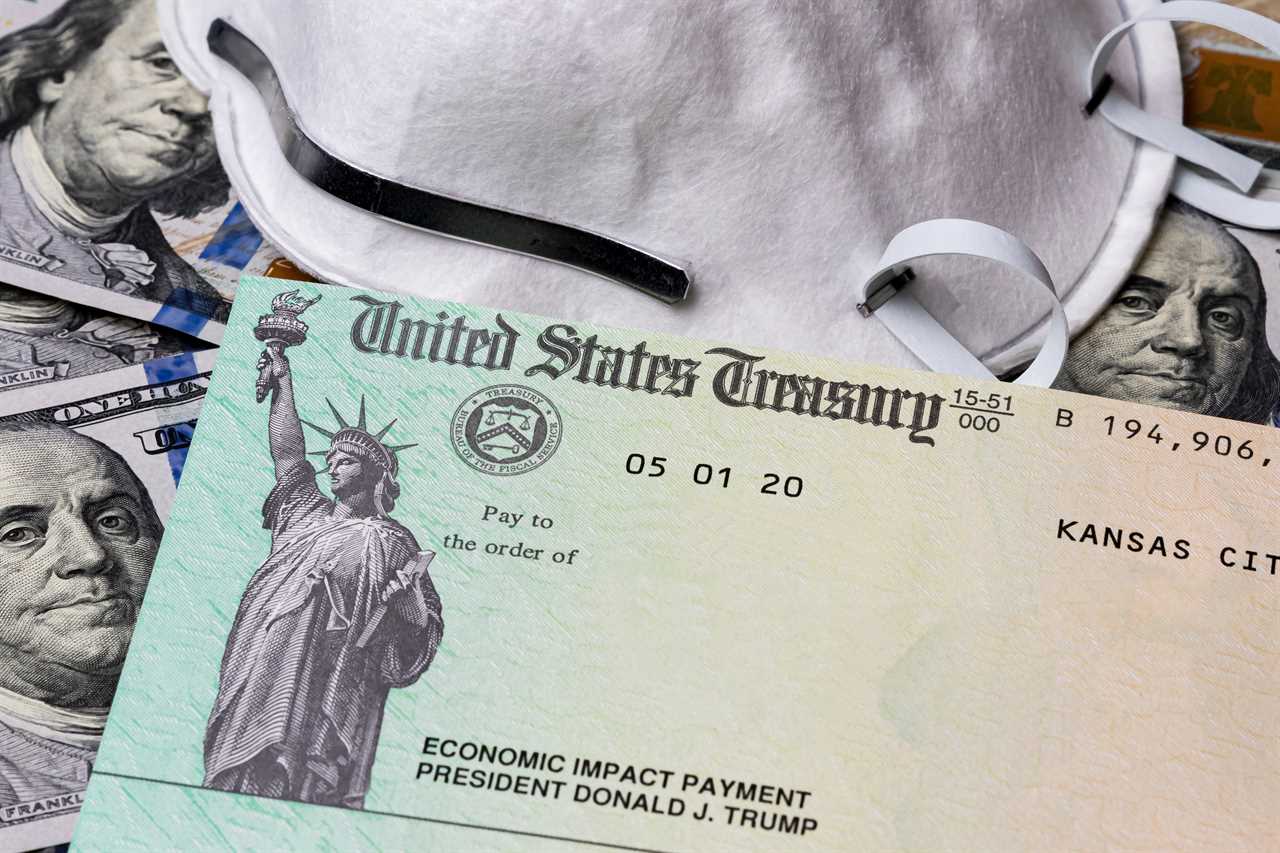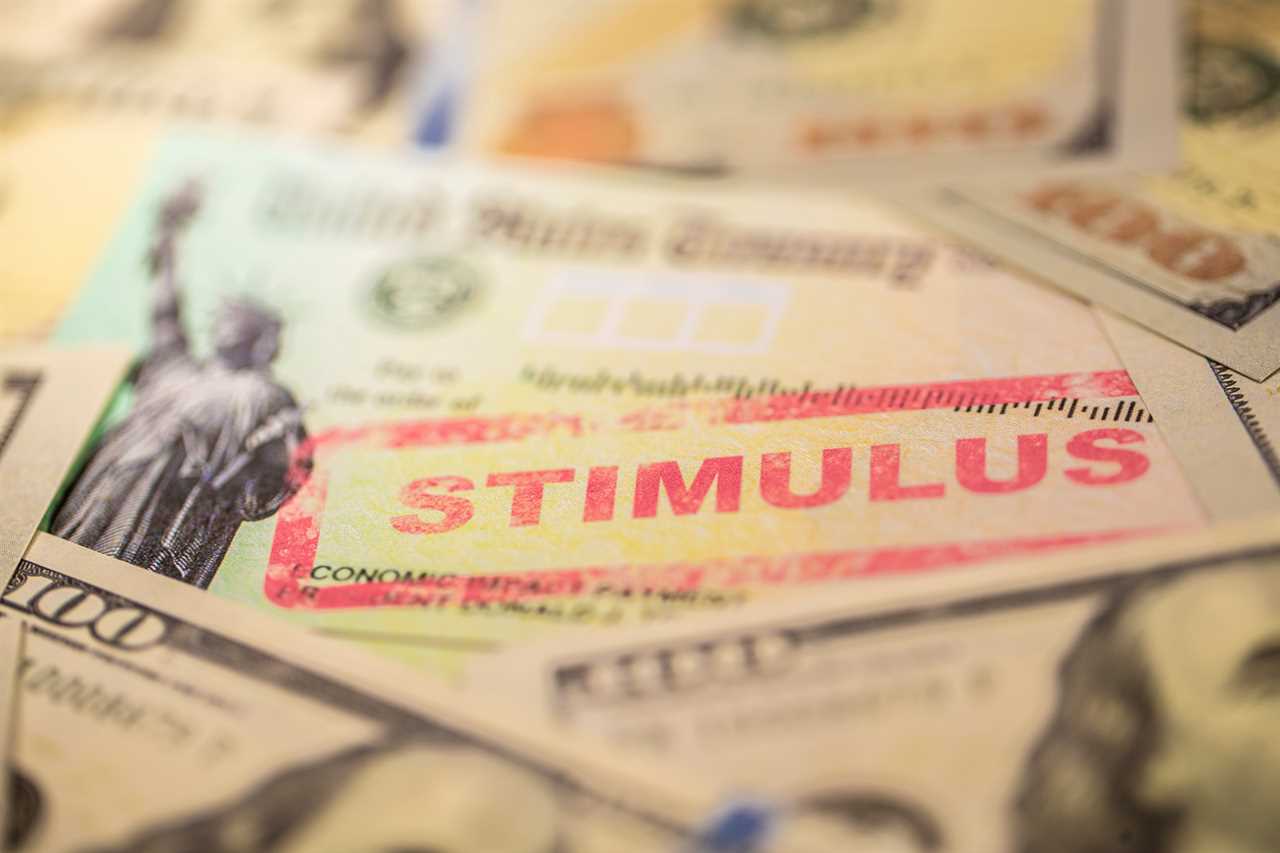THE IRS could take money from Americans’ second stimulus checks if they owe taxes – despite the agency’s pledge it would not.
Tax officials promised it would not snatch the $600 direct payments to offset taxes owed to the government.

However, the direct payments are technically an advance tax credit, called the Recovery Rebate Credit, on 2020 tax returns.
The tax credits are approved to be distributed filers in two advance payments, one in 2020 and another at the start of 2021.
That means the IRS will factor in filers’ overall tax return including liabilities, when they claim the credit on their 2020 return during the tax season starting Feb. 12, according to Fox Business.
“It is a tax credit against your 2020 income tax,” the IRS stated about the Recovery Rebate Credit.

“Generally, this credit will increase the amount of your tax refund or decrease the amount of the tax you owe.”
For example, a taxpayer who received a credit for a $600 stimulus check but owed the IRS $500 would only get the difference, $100.
Americans who did not get their second stimulus checks can claim the money in their 2020 tax returns, but should remember that caveat.
The latest relief package, called the Coronavirus Response and Relief Supplemental Appropriations Act of 2021, cut a provision that allowed people to get the stimulus money regardless of taxes owed.

It was only under the first coronavirus relief package, the CARES Act, that the IRS was only allowed to offset the stimulus money if taxpayers owed child support.
The CARES Act, approved in March, provided stimulus checks up to $1,200 for individuals, $2,400 for couples filing together, and $500 for children under 17 years old.
Meanwhile, the latest relief package, approved at the end of December, offered up to $600 per individual, $1,200 for couples filing jointly and up to $600 for children under 17 years old.
Did you miss our previous article...
https://trendinginthenews.com/covid-19/militiaman-pleads-guilty-over-harrowing-plot-to-kidnap-mi-gov-whitmer-at-her-vacation-home-amp-blow-up-bridge-to-slow-cops






